Research
Emory Spiritual Health oversees a vibrant and growing program of research focused on developing and rigorously testing novel interventions that harness the power of spirituality to enhance human health and wellbeing.
Far from being an isolated scientific exercise, research within Spiritual Health unfolds as a deeply collaborative and multi-disciplinary program that integrates a collective effort to design and then scientifically test new ways of enhancing chaplaincy in healthcare and other pertinent settings. This commitment to the scientific method has allowed Spiritual Health to discover new knowledge in a variety of areas at the interface of spirituality, religion, and all disciplines of health science. These areas range from better understanding emotional challenges faced by hospitalized patients to strategies for optimizing the delivery of compassion-centered care in a multitude of contexts.
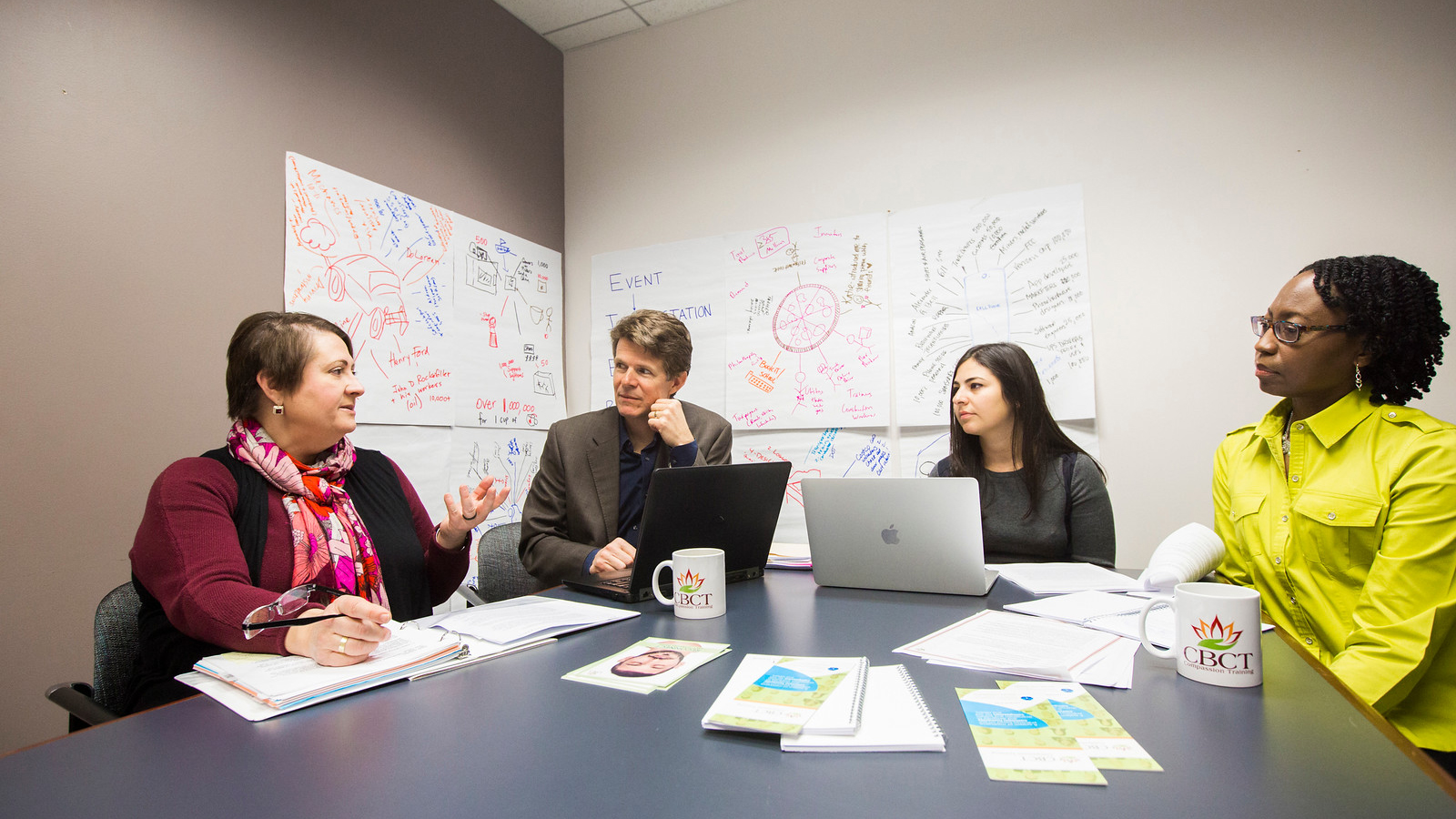
Central to our research mission is studying the development and implementation of novel compassion-based spiritual health interventions, with a special focus on understanding how to best educate chaplains-in-training in these techniques. Reflecting this research focus, in collaboration across Emory’s Woodruff Health Sciences Center and the Emory Center for Contemplative Science and Compassion-Based Ethics, Spiritual Health is engaged in a multi-year, multi-study research effort to investigate the potential benefits of compassion-training on patient outcomes and chaplain wellbeing. All spiritual health clinicians (né Emory healthcare chaplains) in the Department’s post-graduate training programs receive instruction in Cognitively-Based Compassion Training (CBCT®) as a foundation for their training and clinical work within a Compassion-Centered Spiritual Health (CCSH™) model that applies the general principles of CBCT to the challenging and often fluid real life situations that our clinicians encounter during their clinical work.
Rather than adopting these models uncritically, spiritual health clinicians and researchers have integrated the scientific study of these techniques into their development and delivery, working together to empirically test these interventions to optimize their capacity for therapeutic benefit. Positive results from these studies have encouraged us to expand the reach of CCSH-based interventions to teams of providers and staff within the Emory healthcare system struggling with issues of burnout and distress. These efforts have been rewarded with grant support from the Mind & Life Institute and the T. Denny Sanford Foundation, as well as the first career development grant from the National Institutes of Health specifically dedicated to the study of compassion-based spiritual health practices (see below).
Scientific innovation within the Department has not been limited to developing novel compassion-based interventions. Rather, our research team has also pioneered methods for examining the real-world therapeutic impact of spiritual health consults in the hospital environment. Indeed, our most recent studies have used the analysis of clinician language during consults with patients to identify linguistic strategies that enhance patient wellbeing following the consult session. Suggesting that these strategies and skills can be taught, training in CBCT/CCSH increases the spontaneous use of these beneficial linguistic strategies during clinician-patient interactions. This work is ongoing and is being enriched by our undertaking the addition of neuroimaging studies (fMRI) aimed at identifying changes in brain function that accompany mastery in delivering the CCSH intervention. We are dedicated to the goal that our models and research will impact the training and practices of the future for all healthcare disciplines.
In an adjoining effort, Emory Spiritual Health has also co-founded the Emory Center for Psychedelics and Spirituality (ECPS) with the Department of Psychiatry and Behavioral Sciences in the Emory School of Medicine. This trail-blazing venture will lead in studies and training that center on spiritual and mystical phenomena associated with clinical psychedelic-assisted medicine and therapies. Our combined research teams create an unprecedented opportunity toward health and healing.
Research Show
Are you looking for a quick way to learn about and from the scientific research being conducted in the field of spiritual health? We present short, easy-to-access, relevant conversations in Outcomes with Kim a Zoomcast exploring research-related topics of interest to spiritual health professionals and our colleagues from related disciplines. Hosted by Kim Palmer.
Watch Outcomes with Kim
Meet the Team

GEORGE H. GRANT, M.DIV, PhD
Executive Director for Spiritual Health, Woodruff Health Sciences Center, Emory University
View George's Profile
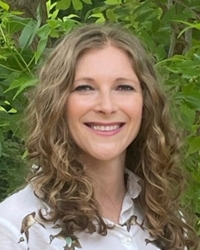
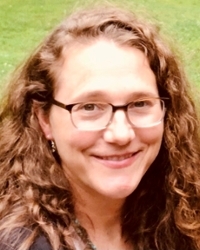
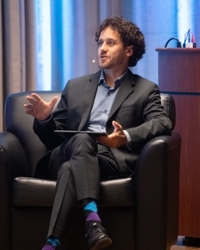
Patricia “Kim” Palmer, M.Div, M.S.P.H., BCC
Senior Research Consultant, Woodruff Health Sciences Center, Emory University
View Kim's Profile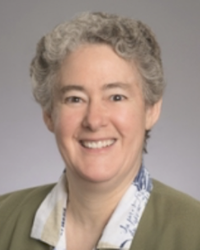
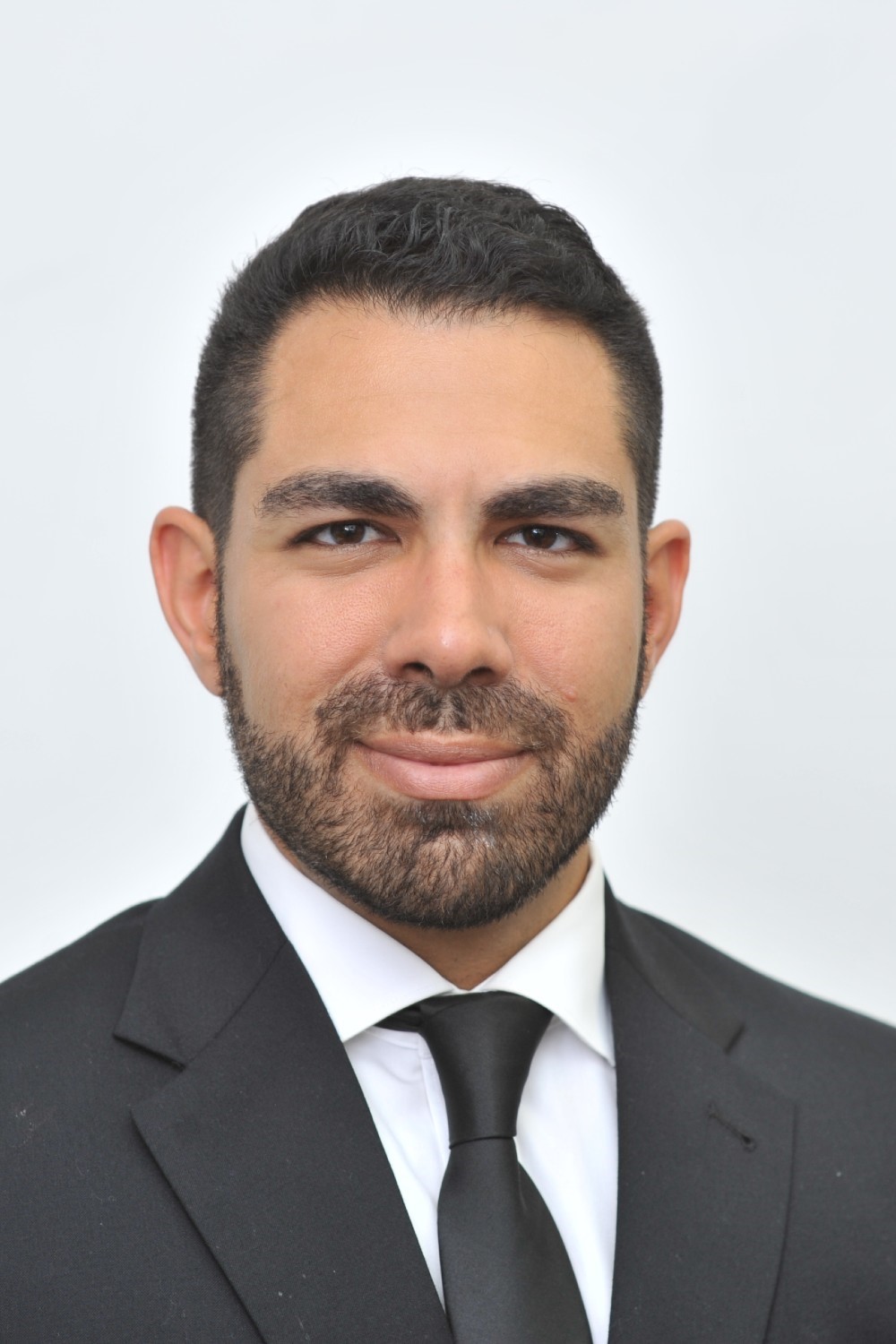
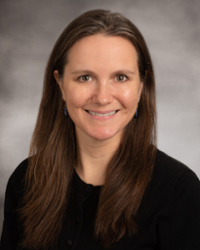
Emory Receives NIH Award Toward Clinical Spiritual Health
Although chaplains have long cared for the medically ill, their value for American healthcare has received increasing attention as recognition grows that spiritual health clinicians provide a much needed healing human connection in hospital and clinic environments that are often alienating and impersonal. Because these spiritual health clinicians are already professionally embedded within many healthcare systems, they are also optimally placed to provide wellness interventions that many patients and staff desire, but that healthcare systems frequently find difficult to provide.
Recognizing these challenges and opportunities, Emory Spiritual Health has embarked upon an ambitious program of research aimed at developing and testing strategies for enhancing the ability of chaplains to care for their patients and co-workers. Because providing compassion is so central to the work of chaplaincy, Spiritual Health is collaborating with the Center for Contemplative Science and Compassion-Based Ethics at Emory University (Lobsang Tenzin Negi, PhD, Exec. Dir.) to integrate Cognitively-Based Compassion Training, or CBCT®, into the education of chaplains-in-training. This training forms a foundation for Emory’s new Compassion-Centered Spiritual Health (CCSH™) initiative, a comprehensive program that trains chaplains to provide interventions and approaches tailored for the specific needs of different clinical and staff-based settings.
“My years spent researching meditation as a health intervention have convinced me that chaplains—spiritual health clinicians, as Dr. Grant promotes—represent a unique and key resource for humanizing the face of American medicine,” said Charles L. Raison, MD, Director of Research at Emory Spiritual Health. “Because of this, Dr. Mascaro’s career award has implications not just for the patients she will help, but for the medical system as a whole. Given how overstretched our system is, we need to wisely use all available resources. Just as surgeons, internists, nurses and other healthcare clinicians perform their own unique roles in healthcare, chaplains are charged with bringing compassion to bear to address the spiritual and emotional needs of their patients. As such I believe they play an irreplaceable role in healthcare, and a role that we hope to optimize by studying how they might best contribute to Improving Lives and Providing Hope.”
Representative publications from research within Emory Spiritual Health include:
- A randomized controlled trial of a compassion-centered spiritual health intervention to improve hospital inpatient outcomes.
- Social-Ecological Measurement of Daily Life: How Relationally Focused Abulatory Assessment can Advance Clinical Intervention Science
- Delivering Clinical Pastoral Education (CPE) Remotely: Educators’ Views and Perspectives During the COVID-19 Pandemic and Beyond.
- Learning compassion and meditation: a mixed-methods analysis of the experience of novice meditators.
- Implications of a “Null” Randomized Controlled Trial of Mindfulness and Compassion Interventions in Healthy Adults.
- Advancing Measurement of the Sources and Consequences of Burnout in a Comprehensive Cancer Center: A Structural Equation Modeling Analysis.
- Flourishing in Healthcare Trainees: Psychological Well-Being and the Conserved Transcriptional Response to Adversity.
- Religious and existential determinants of affective response to a brief mindfulness intervention.
- Do Worldviews Matter for Implementation-Relevant Responses to Mindfulness-Based Interventions? An Empirical Investigation of Existential and Religious Perspectives.
- COVID-19 and Clinical Pastoral Education: How ACPE Educators Pivoted Amid the Pandemic
- A Mixed-Method Study to Identify: Causes of Burnout among Oncology Clinical Research Coordinators
- Feasibility, Acceptability, and Preliminary Effectiveness of a Compassion-Centered Team Intervention to Improve Clinical Research Coordinator Resilience and Well-Being
- The prevalence, grouping, and distribution of stressors and their association with anxiety among hospitalized patients
- Incivility Is Associated with Burnout and Reduced Compassion Satisfaction: A Mixed-Method Study to Identify Causes of Burnout among Oncology Clinical Research Coordinators.
- Impact of App-Delivered Mindfulness Meditation on Functional Connectivity, Mental Health, and Sleep Disturbances Among Physician Assistant Students: Randomized, Wait-list Controlled Pilot Study.
- Compassion Meditation Training for Hospital Chaplain residents: A Pilot Study
- Training Healthcare Chaplains: Yesterday, Today and Tomorrow
- Training chaplains and spiritual caregivers: the emergence and growth of chaplaincy programs in the theological education
- Practical matters and ultimate concerns, "Doing," and "Being": A diary study of the chaplain's role in the care of the seriously ill in an urban acute care hospital
- Workings of the human spirit in palliative care situations: a consensus model from the Chaplaincy Research Consortium
- Religion as a Social Determinant of Public Health
- Ways of Knowing Compassion: How Do We Come to Know, Understand, and Measure Compassion When We See It
- Education for professional chaplaincy in the US: mapping current practice in Clinical Pastoral Education (CPE)